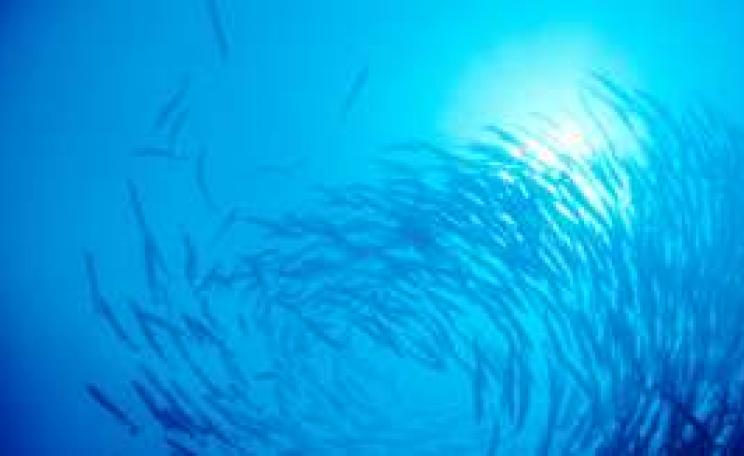Tuna labelled as 'dolphin friendly' may use fishing methods that have other negative impacts including capturing sharks, rays and turtles
Supermarkets are guilty of carrying a large number of 'misleading or unverified' environmental claims on their fish produce, according to a survey.
Environmental lawyers ClientEarth examined the claims made on 100 fish products, purchased in the UK's major retailers including Tesco, Asda, The Co-operative, Lidl, Marks & Spencer, Sainsbury’s and Waitrose.
They found claims such as ‘sustainably sourced’; ‘protects the marine environment’; and ‘responsibly farmed’ were misleading or unverified on 32 products out of 100 examined. Many retailers stocked 'dolphin friendly' tuna, however, they failed to specify that fishing methods used to catch the tuna involve other negative impacts including capturing and potentially killing sharks, rays and turtles.
In another example, Cod at Marks and Spencer was labelled as 'sustainably sourced' but comes from Canada where it is known that cod stock is in decline. The company declined to respond to the allegations. Tesco also stocked 'responsibly farmed' salmon but could provide ClientEarth with no proof of independent third-party certification.
'Consumers need to be able to trust labels but in reality claims such as ‘sustainably sourced’ or ‘responsibly farmed’ are often misleading,' said ClientEarth CEO James Thornton.
Existing EU legislation only requires fish products to be labelled with the species name, its approximate catch area, and whether it was caught or farmed in fresh or sea water. ClientEarth say while the term 'organic' is strictly controlled the current EU fish regulations do not cover the use of terms such as 'sustainable' or 'responsible'.
Thornton said supermarkets were taking advantage of consumers desire to buy ethically and sustainably-sourced fish.
'In the EU alone 88 per cent of stocks are overfished and retailers know that widespread concern about this leads people to buy one product over another. We would like all supermarkets that have the misleading claims on the products we’ve identified to remove them as soon as possible or to prove them with evidence. If they don’t do this, complaints can and will be made to the Office of Fair Trading arguing breaches of consumer protection laws,' he said.
Greenpeace has also released its latest ranking table of tinned tuna - Japanese-owned Princes was ranked the least sustainable in the UK for its use of purse seines to catch the majority of its tinned tuna. These nets result in large amounts of by-catch including sharks and turtles. In response to the latest ranking, Tesco has committed to stop using purse seines for all of its tinned tuna by the end of 2012.
Useful links
Environmental claims on supermarket seafood
Greenpeace tuna league table
| READ MORE... | |
 |
NEWS Tesco, Boots and Subway accused of selling unethical tuna Research shows that high street chains using 'dolphin-friendly' claim on tuna tins are misleading customers about damage to other marine wildlife including turtles |
 |
NEWS EU subsidies linked to overfishing Study finds large chunk of almost £4 billion in subsidy payments has been used to increase fleet capacity in Europe and 'exacerbate' the problem of overfishing |
 |
GREEN LIVING A beginner's guide to fishing Few sports bring you as close to nature as angling. Here's how, why and where to get started |
 |
NEWS Big fish farms not necessarily most polluting Aquaculture industry urged to look at location and management techniques to reduce the environmental impact of rapidly expanding sector |
 |
NEWS ANALYSIS Police raid on illegal shellfish gang reveals 'national problem' Our national taste for shellfish is leading to exploitation of our shores by criminal gangs, putting human health and fragile environments at risk |








